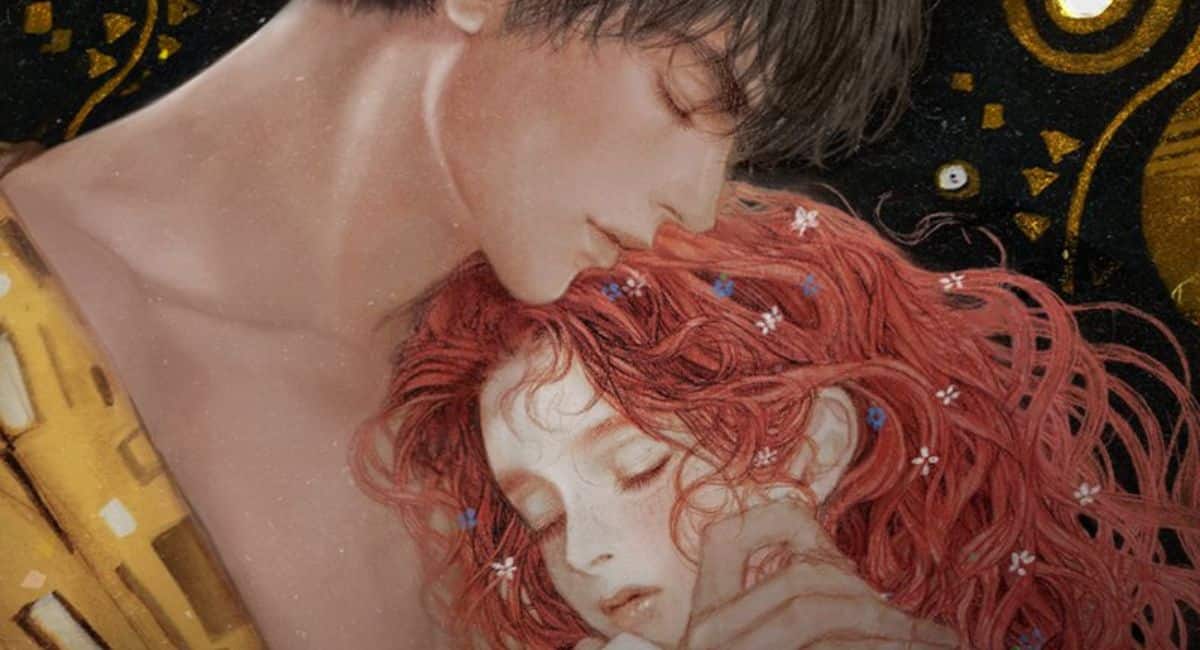Can you believe that none of the marquee comics blogs have a feature called Comics 101? That was low-hanging fruit. Over at Robot 6, Chris Mautner remedies that, inaugurating the new feature with a look at Los Bros Hernandez:
In the early 1980s, Love and Rockets was one of the seminal titles, along with books like Cerebus and American Flagg, in shaping the sensibilities of the nascent indie scene. Their influence since then has been enormous, both in the indie world and the mainstream (writer Matt Fraction cites Gilbert Hernandez as a strong influence). Their jump-cut style, which forces the reader to connect the narrative dots beetween the panels, their blend of genres (science fiction, realism, romance), their use of magical realism all helped show that not only could comic be serious literature, but how to achieve such a goal.






Thanks for the link, but I should note that I’m going to be changing the name of the feature to Comics College, as, unbeknownst to me, Scott Tipton has had a column entitled Comics 101 for the past several years now. And it would be awfully crass of me to steal his thunder.
Actually, I was just about to mention Tipton’s. It’s a great site and I’m happy that there won’t be a dispute.
“Can you believe that none of the marquee comics blogs have a feature called Comics 101?”
Where the heck have you guys been? Tipton’s been doing the excellent Comics 101 site for years….plus a recently-released book with Chris Ryall titled “Comics Books 101″….which, I believe, was pimped and reviewed on the “marquee comics blogs”.
I did not know of this blog. And only saw the book for the first time on Wednesday. So….I have learned much on this warm Friday! I have much to ponder as I return to Asgard.
Georgia Tech covers comics writing in English 1102. From the course description:
Not to toot my own horn, but I did an episode of my podcast devoted to “Comics 101” with John Mayo of CBR and The Comic Book Page, as well as Adam Murdough from Comic Geek Speak a few months back. I’m happy to see there’s a print version of this though, because I’m sure it will touch on areas we were unable to get into in one episode of a show. Nonetheless, here’s the link to said ep: http://www.speakgeekspeak.com/comictiming/?p=528